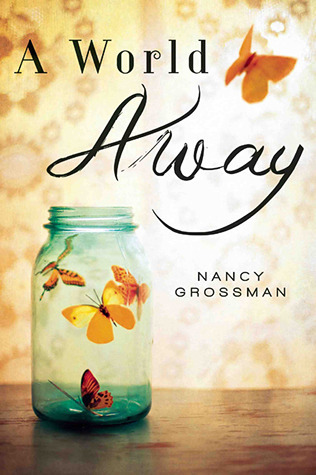
One Foot Wrong
Book Description
In a world where childhood should be filled with laughter, a young girl navigates the dark shadows of isolation and trauma. Living under the suffocating grip of her unstable family, she yearns for connection while grappling with whispers of betrayal and abandonment. Each chapter unfolds like a slow-motion reel, revealing chilling secrets that test the limits of love and resilience. As storm clouds gather over her fragile existence, despair looms larger than hope. With every page turn, the tension thickens—will she find a way to break free, or will the ties that bind her lead to a destiny she can't escape?
Quick Book Summary
"One Foot Wrong" by Sofie Laguna is a haunting novel told from the perspective of Hester, a young girl trapped in a world of cruelty and isolation. Raised by deeply religious yet abusive parents, Hester experiences profound psychological neglect and physical confinement. Her understanding of reality is shaped by her limited experiences, leading her to interpret her surroundings through a blend of childlike imagination and trauma-induced distortion. The narrative delves into her struggle to connect, to endure, and ultimately to break free from the suffocating control of her family. Laguna’s stark prose and evocative imagery paint a chilling portrait of resilience in the face of dehumanizing abuse, making this novel a powerful exploration of innocence lost and the slow, painful emergence of hope.
Summary of Key Ideas
Table of Contents
Childhood Trauma and Abuse
Hester’s story begins in a small, grim Australian home where the walls close in with every passing day. Her parents’ strict and often violent religious beliefs turn their house into a prison, where Hester is as much a prisoner of faith as of their whims. Nearly every aspect of her development is stunted: she is forbidden from attending school, shielded from the outside world, and offered only the narrowest shafts of light through her parents’ oppressive routines.
Isolation and the Search for Connection
Cut off from the joys and trials of an ordinary childhood, Hester’s imagination becomes her refuge and torment. She personifies household objects, conjures fantastical explanations for the little she sees, and fills her loneliness with whispered conversations. The line between reality and make-believe blurs as she attempts to understand her experiences, processing the trauma she endures in ways that are both innocent and heartbreaking.
Distorted Reality and Perception
Religion, twisted into a tool of fear and control, dominates every facet of Hester’s existence. Her parents’ obsession with sin and purity leads to harsh punishments and rigid routines, framing punishment as divine will. Hester’s spiritual confusion mirrors her physical suffering, as the rituals meant to guide her instead only deepen her wounds. Faith becomes a double-edged sword—source of both mystical wonder and relentless cruelty.
The Role of Religion and Control
Despite the darkness, moments of yearning flicker within Hester. Her desire for friendship, freedom, and kindness is palpable, and small acts of rebellion hint at an inner resilience. When she finally glimpses the world outside her home, both its beauty and its dangers overwhelm her, compelling her onward. Her journey is punctuated by betrayal and heartbreak, yet also by fleeting glimpses of hope that refuse to be extinguished.
Resilience and Hope Amid Despair
Ultimately, "One Foot Wrong" is a harrowing meditation on survival. Hester’s psychological resilience, though battered, is a quiet act of defiance. The story’s conclusion is ambiguous—offering neither complete salvation nor utter despair—leaving readers contemplating the depths and possibilities of the human spirit even in the bleakest circumstances.
Download This Summary
Get a free PDF of this summary instantly — no email required.





